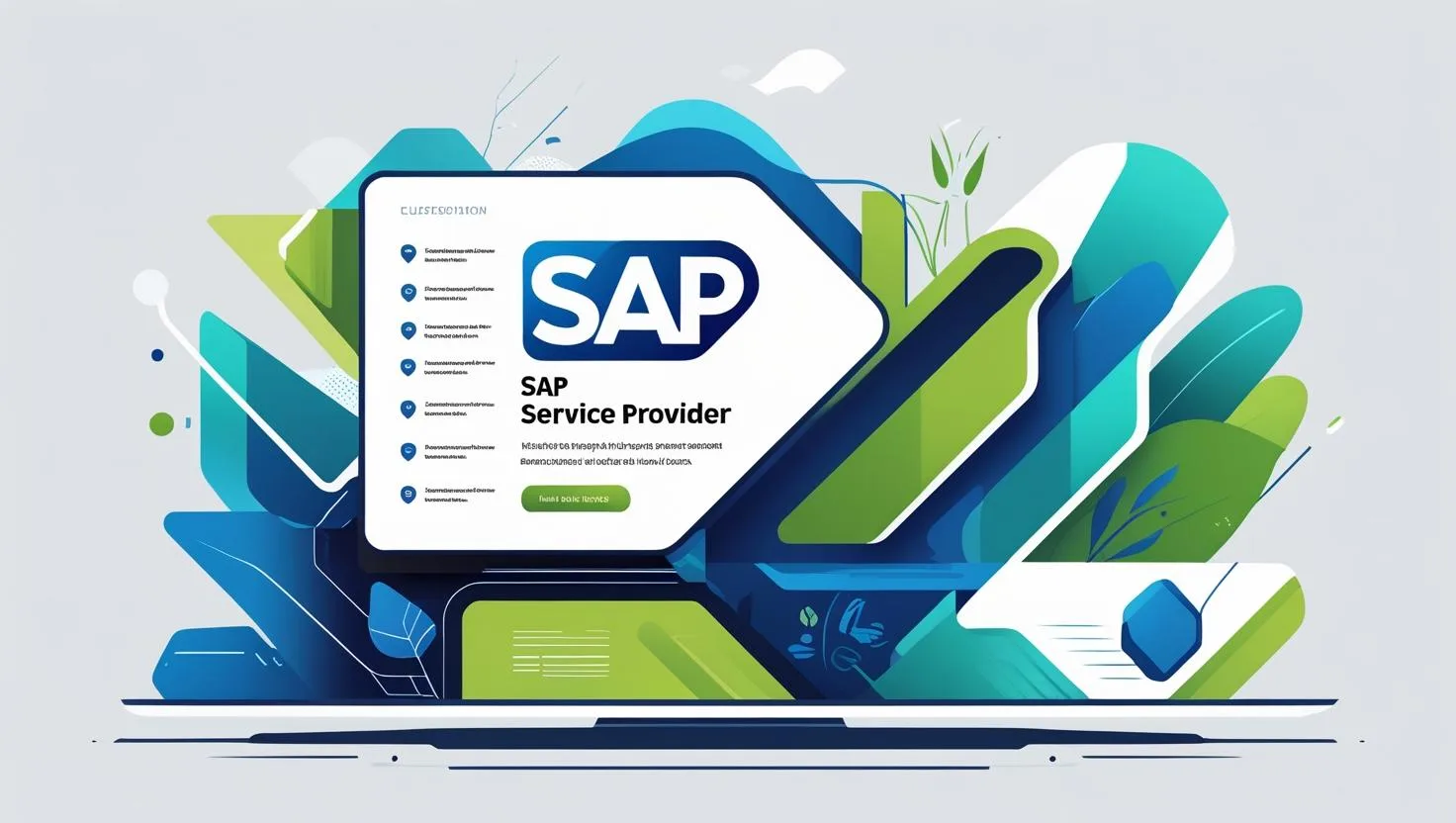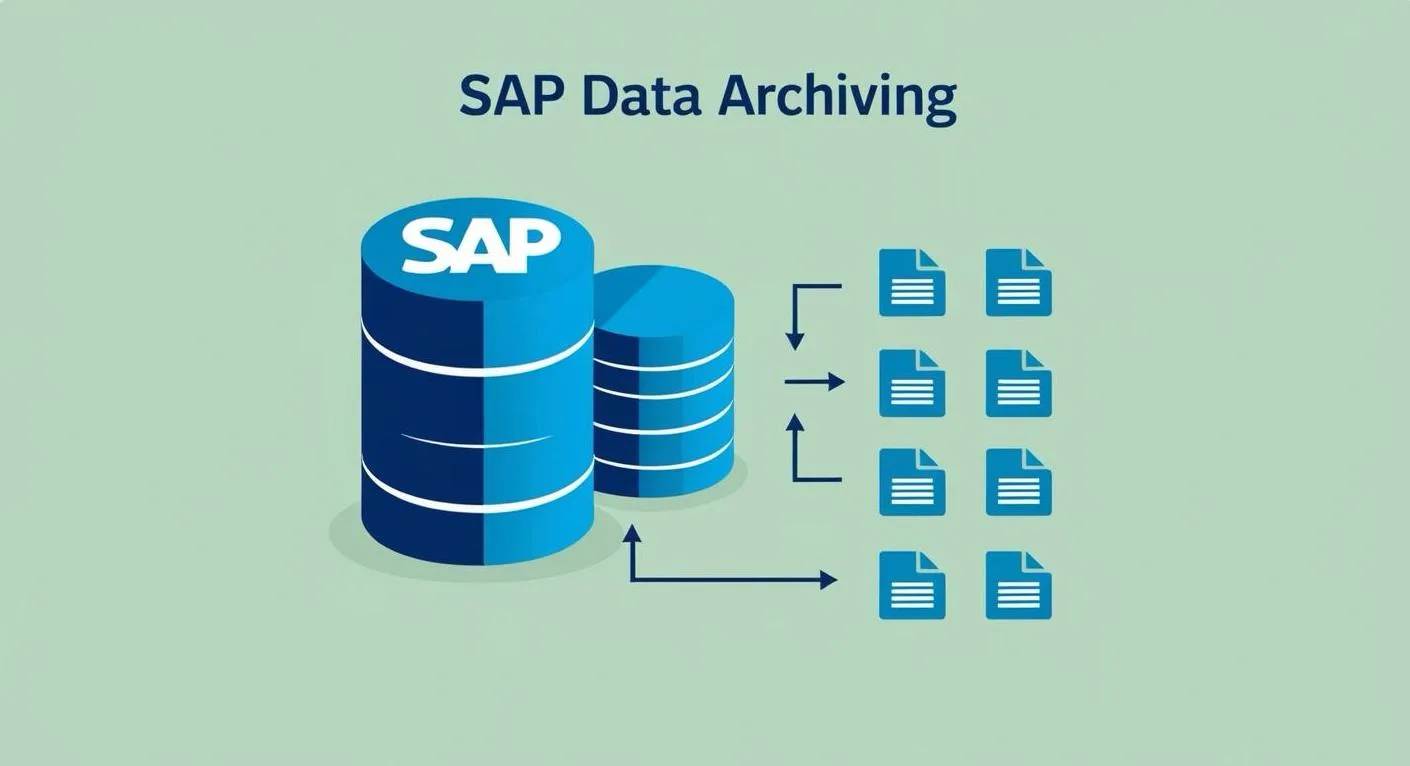Understanding SAP RISE: What It Is and Its Importance
SAP RISE represents a significant evolution in how organizations can approach their digital transformation. By providing a comprehensive framework, SAP RISE empowers businesses to rethink their processes and strategies, ensuring they remain competitive in an increasingly digital world. At its core, SAP RISE offers a combination of cloud infrastructure, business process intelligence, and industry-specific solutions tailored to meet the unique needs of each organization.
The cloud infrastructure aspect of SAP RISE allows businesses to leverage scalable resources on demand, reducing the need for extensive on-premises hardware and potentially lowering operational costs. This transition to the cloud facilitates more agile responses to market changes and better resource management, enabling organizations to adapt quickly to evolving business environments.
Moreover, business process intelligence is a critical component of SAP RISE, providing insights derived from data analytics. This feature allows organizations to effectively analyze their operations, identify bottlenecks, and streamline processes. By utilizing data-driven decision-making, companies can enhance their operational efficiency and align their strategies more closely with business objectives.
SAP RISE also offers tailored industry solutions, positioning it as an adaptable and versatile option for various sectors including manufacturing, retail, and finance. These solutions help organizations implement best practices relevant to their industries, ensuring a more effective transformation process that addresses specific challenges and opportunities.
The significance of SAP RISE cannot be understated, as it aligns with the broader trends in digital transformation. The ability to foster innovation drives competitive advantage, making it essential for businesses seeking to remain relevant and forward-thinking. Through SAP RISE, organizations can achieve a balance between operational excellence and agility, paving the way for sustainable growth in today’s dynamic market landscape.
Key Criteria for Evaluating Service Providers
When businesses consider engaging service providers for SAP RISE, several critical criteria must be evaluated to ensure a successful partnership and implementation. Each criterion plays a vital role in the overall effectiveness of the services provided, making it essential for companies to scrutinize prospective partners thoroughly.
Firstly, expertise in SAP solutions is paramount. Businesses should assess the service provider’s proficiency in SAP technologies, including their certifications, prior experience with SAP RISE, and teams of certified professionals. This expertise ensures that the provider can deliver robust solutions tailored to the specific needs of the organization, positively impacting the overall success of the SAP implementation.
Moreover, industry experience cannot be overlooked. Firms must seek out service providers who have a proven track record in their specific industry. Understanding the unique challenges and requirements of the industry allows providers to offer insights and solutions that are relevant and effective, thus facilitating smoother transitions and implementations.
Another crucial aspect is the support and maintenance capabilities. Organizations must inquire about the provider’s ability to offer ongoing support, including troubleshooting, updates, and training post-implementation. Reliable support systems are essential for businesses to maximize their SAP RISE investments and to ensure continuous improvement and adaptation to evolving needs.
Data security measures also play a significant role in the evaluation process. Given the sensitivity of corporate data, companies should assess the service provider’s commitment to data protection and compliance with relevant regulations. This evaluation includes understanding the security protocols in place to protect sensitive information during and after deployment.
Lastly, pricing models should be clearly defined and aligned with the organization’s budgetary constraints. Transparent pricing structures allow for better financial planning and assessment of the value provided by the service provider. By considering these criteria thoroughly, businesses can make informed decisions that lead to successful SAP RISE implementations.
Assessing Vendor Experience and Capabilities
When selecting a service provider for SAP RISE solutions, understanding their experience and capabilities is of paramount importance. The first step in this evaluation process involves examining their past performance with similar projects. It is advisable to request case studies from potential vendors that showcase their proficiency in implementing SAP RISE solutions. These case studies should highlight specific challenges faced, methodologies adopted, and most importantly, the outcomes achieved. Successful implementations that resulted in enhanced business operations should be a focal point when considering a vendor.
Furthermore, validating references from previous clients can provide significant insights into a vendor’s reliability and expertise. Engaging with these references directly allows potential customers to gauge not only the technical competencies of the provider but also their ability to maintain communication and support during the project lifecycle. A vendor’s track record in completing projects on time and within budget, as indicated by client feedback, can be a strong indicator of future performance.
Another key aspect to consider is industry-recognized certifications relevant to SAP RISE. Certifications can serve as a testament to the vendor’s commitment to quality and adherence to best practices in SAP deployment. Organizations should seek vendors that demonstrate continuous learning and adaptability through ongoing professional development and certifications related to emerging SAP technologies and methodologies.
During vendor interviews, it is essential to prepare targeted questions aimed at assessing their expertise. Inquire about their approach to project management, the tools used for solution implementation, and mechanisms for handling potential setbacks. Furthermore, ask how they customize solutions to meet specific client needs, as flexibility can significantly enhance the efficacy of SAP RISE applications. Evaluating these criteria will help in identifying a provider that aligns with the objectives and expectations for a successful SAP RISE deployment.
Building a Partnership: The Importance of Collaboration
Establishing a strong partnership between SAP RISE customers and their selected service providers is foundational to achieving successful project outcomes. Collaboration fosters an environment where both parties can easily communicate, set shared objectives, and address any challenges that arise during the implementation and operational phases. A well-defined partnership not only enhances project efficiency but also promotes a culture of trust and transparency, which are vital for ongoing success.
Effective communication strategies play a pivotal role in this collaborative relationship. Regular check-ins, status updates, and feedback mechanisms ensure that both the service provider and customer are on the same page regarding project goals, timelines, and expectations. Moreover, employing tools and technologies that facilitate seamless communication can help mitigate misunderstandings and align priorities. Utilizing project management platforms and collaborative software can lead to more streamlined workflows and improved information sharing.
Shared objectives are equally essential in nurturing a partnership between SAP RISE customers and service providers. Both parties must align on key performance indicators (KPIs) and desired outcomes, which will guide their joint efforts throughout the project’s lifespan. By setting clear goals that reflect both parties’ interests, the partnership can work cohesively towards common aims, thereby enhancing commitment and accountability from all stakeholders involved.
Ongoing support is another critical aspect of a successful collaboration. As projects evolve, so too must the relationship between the customer and service provider. Continuous improvement efforts should focus not only on addressing current needs but also on anticipating future challenges and opportunities for innovation. This proactive stance can help ensure that the partnership remains resilient and adaptable in a rapidly changing business landscape.
To nurture this vital relationship, both parties can implement best practices such as regular reviews of performance, open discussion forums for sharing insights, and mutual training initiatives. For SAP RISE customers, investing in a long-term partnership ultimately serves as a strategic advantage, positioning them for sustained success in their digital transformation journeys.



